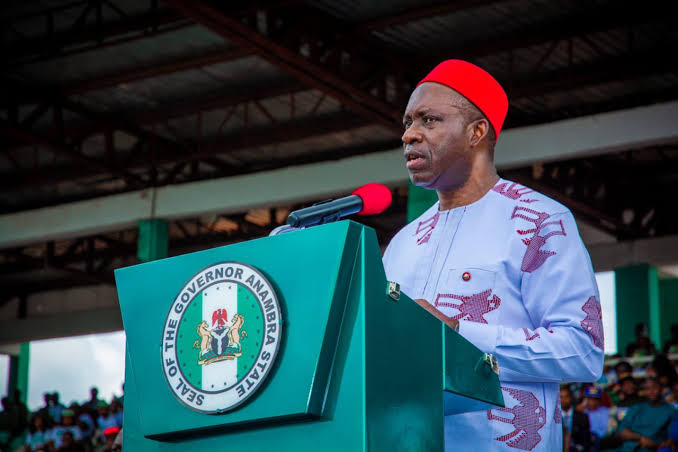Inside Nigeria
Anambra withdraws from Supreme Court suit challenging EFCC’s legality

The Anambra State Government has withdrawn from a Supreme Court case seeking to challenge the legality of the Economic and Financial Crimes Commission (EFCC).
Initially filed by Kogi State, the case contends that the EFCC was not validly established according to the 1999 Constitution. Anambra’s Attorney General, Prof. Sylvia Ifemeje, submitted the state’s withdrawal notice on October 20, signaling their decision to no longer participate in the legal action.
Meanwhile, Osun State, represented by its Attorney General, Mr. Oluwole Bada, has applied to consolidate its grievances with Kogi’s case. Other states, including Kebbi, Katsina, Oyo, and others, remain co-plaintiffs, challenging the EFCC’s operational legitimacy.
The case revolves around claims that the EFCC, established during President Olusegun Obasanjo’s administration, was not created in accordance with Section 12 of the Constitution, which requires state Houses of Assembly approval for such federal laws. The plaintiffs argue that the EFCC’s establishment did not follow due constitutional process, rendering its operations illegal in states that did not approve of it.
It, among other things, prayed the Supreme Court for: “A declaration that the Economic and Financial Crimes Commission (EFCC), the Nigerian Financial Intelligence Unit (NFIU) or any agency of the Federal Government of Nigeria cannot investigate, requisition documents, invite and or arrest anyone with respect to offences arising from or touching on the administration and management of funds belonging to Kogi state of Nigeria or any Local Government Area of Kogi State.”
As well as: “A declaration that the Federal Government of Nigeria, through the Nigerian Financial Intelligence Unit (NFIU) or any agency of the Federal Government, lacks the power to issue any directive, guideline, advisory or any instrument howsoever called for the administration and management of funds belonging to Kogi State of Nigeria or any Local Government Area of Kogi state.”
































